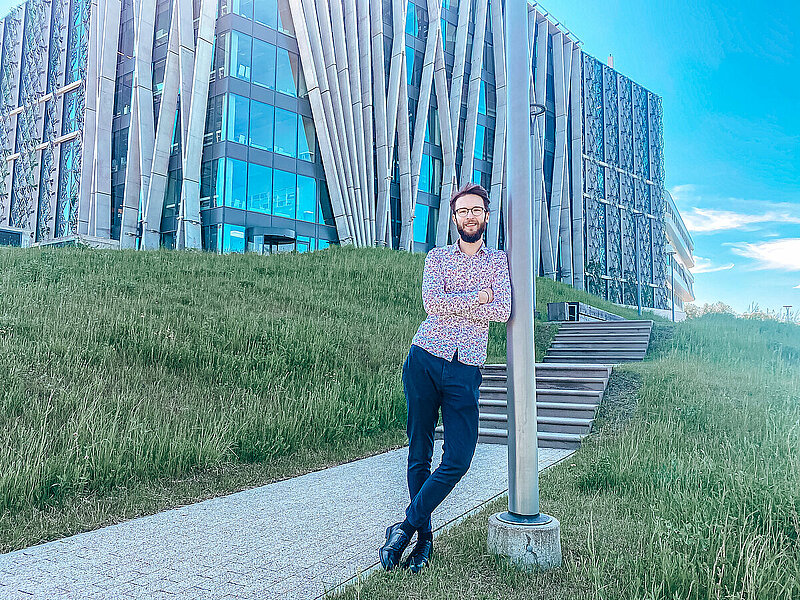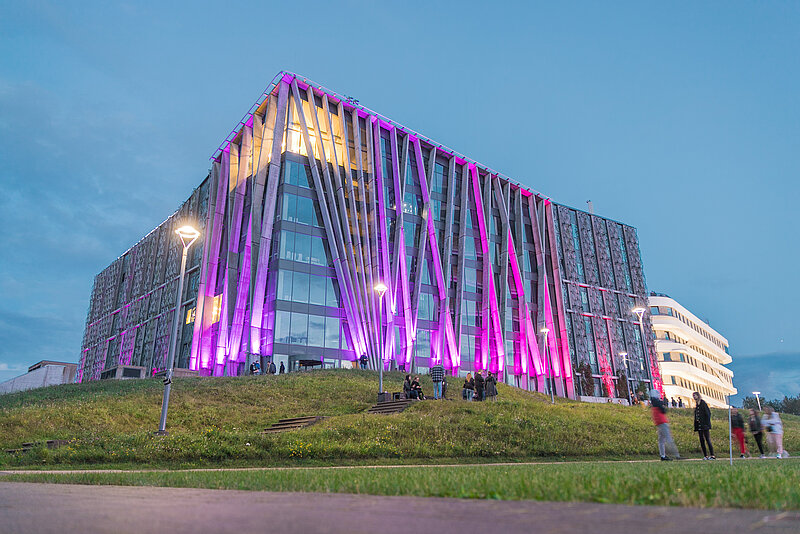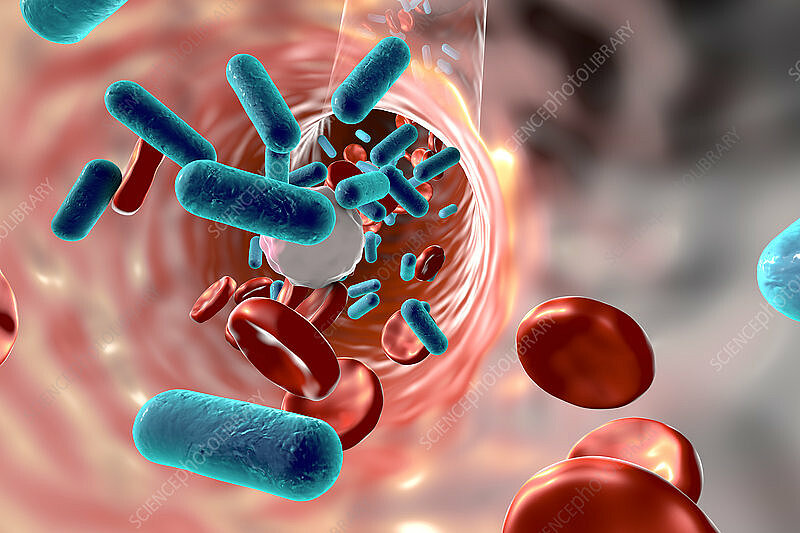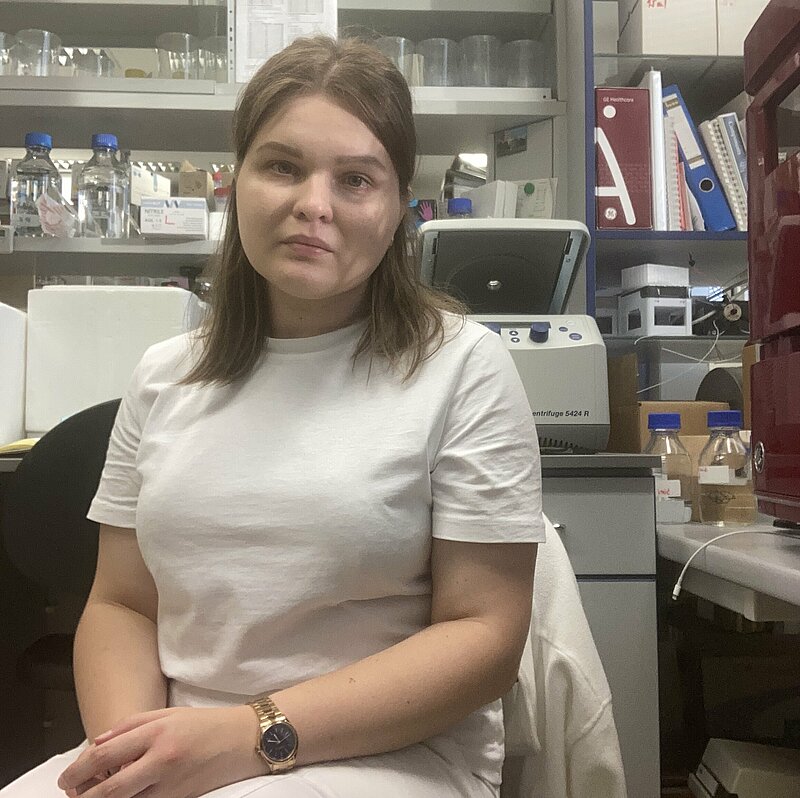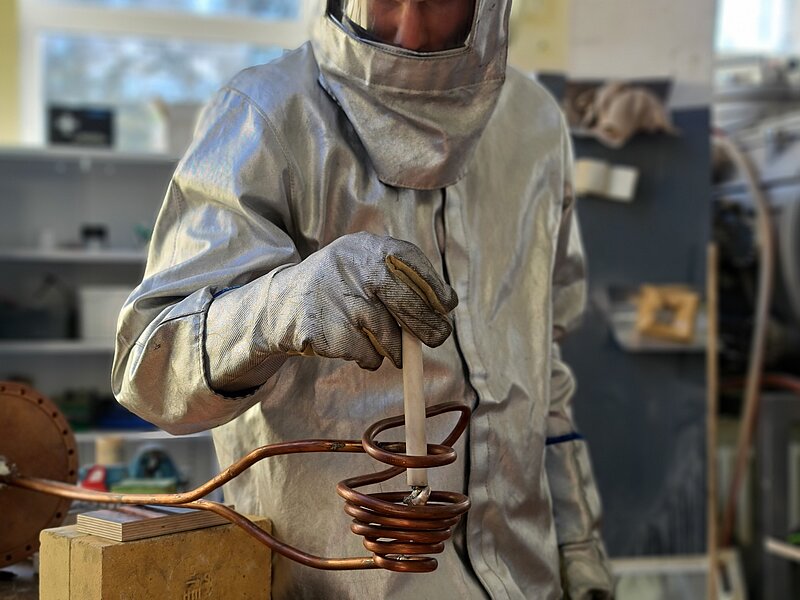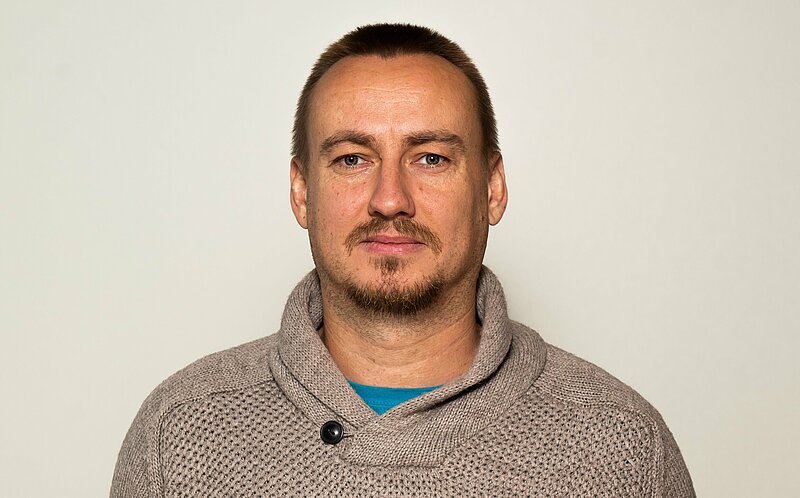Ziņa
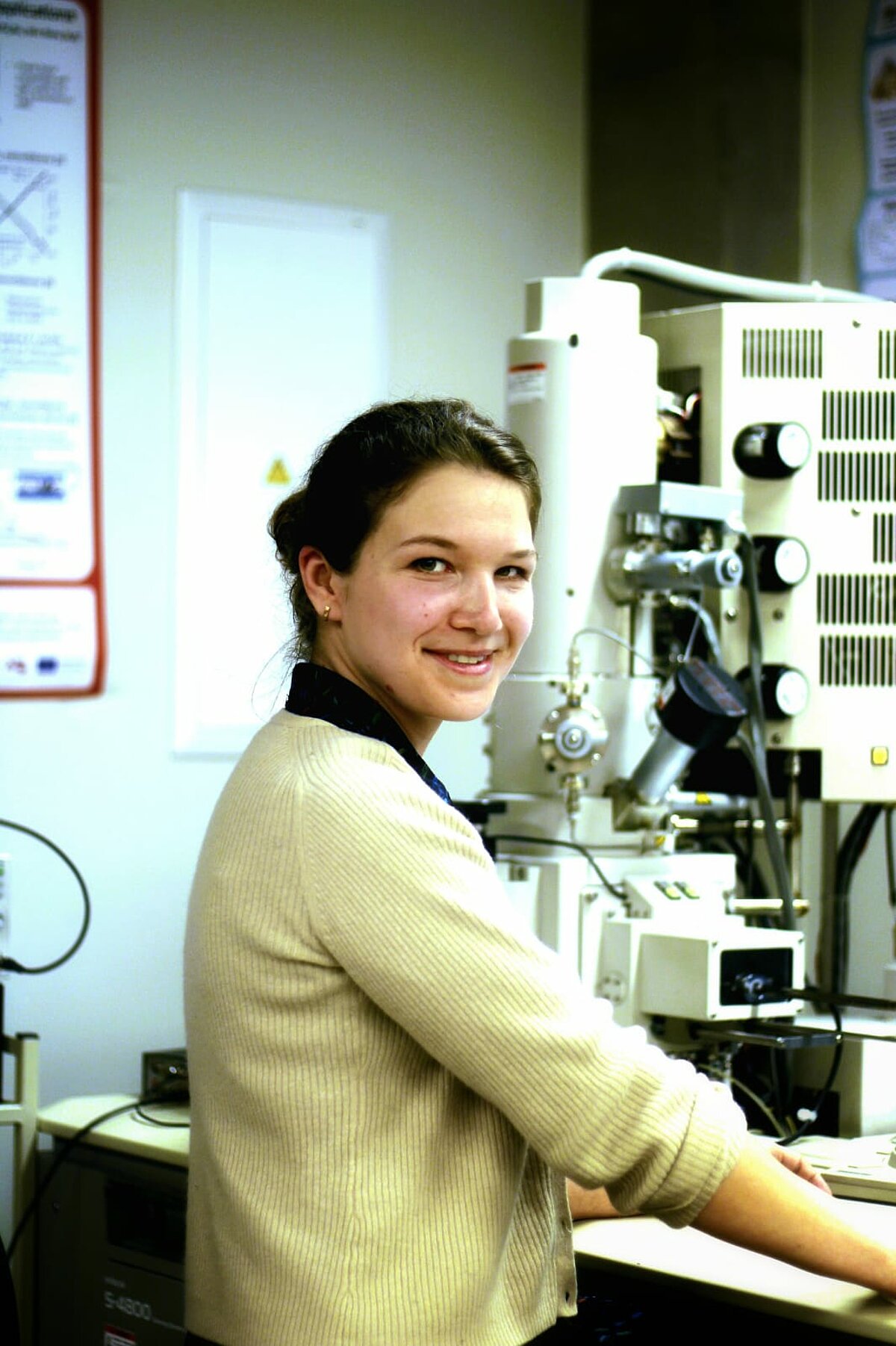
Līga Jasulaņeca is a 1st year PhD student at the University of Latvia’s Physics, Mathematics and Optometry Department and a recipient of the UL foundation-administered “Mikrotīkls” scholarship in the exact and medical sciences. The young researcher is currently working on her PhD research at the University of Latvia Institute of Chemical Physics (LU ĶFI) under the tutelage of Dr. chem. Donāts Erts.
The scholarship recipient’s project is dedicated to the study and development of innovative energy-efficient electromechanical switches intended to be used in manufacturing memory modules, logic gates and sensors. The main aim of the project is the construction of nanoelectromechanical switches on silicon wafers and the assessment of their function, with a particular focus on performance at low temperatures. The student’s PhD research project results will broaden the possibilities for use of nanoelectromechanical switches and provide fundamental insight into the electromechanical properties of a very relevant class of materials – topological insulators.
Until now, the performance of nanoelectromechanical switches has mostly been demonstrated at room and high temperatures. Over the course of the young researcher’s first year in the scholarship-funded PhD program she has been able to construct the devices and demonstrate nanoelectromechanical switching at very low temperatures (up to 5K). The devices used a bismuth selenide nanostrip with a thickness of approximately 100 nanometers as their active element. Bismuth selenide belongs to the topological insulator class, which retains conductivity at low temperatures due to its unique surface state. The young researcher is currently working on preparing two manuscripts for submission to international scientific journals. The continuation of the project will involve searching for ways to improve the sustainability and energy efficiency of the devices.
In the first half of her 1st year Līga has contributed to developing and teaching the UL Physics, Mathematics and Optometry Master’s study program course “The micro- and nanoconstruction of electronic and photonic devices. She has also taught laboratory classes for the course. The aim of the course was to introduce physics students to the basics of micro- and nanoconstruction, providing them with insight into the broad field of device integration and prototyping.
The scholarship gave the student an opportunity to focus on both the experimental and theoretical sections of her research project and provided additional motivation to complete her research plan on time. “I hope the UL Foundation continues to push scientific progress in Latvia even further by inspiring and supporting high-quality innovative research!" wishes the scholarship recipient.

 CONFERENCE
CONFERENCE